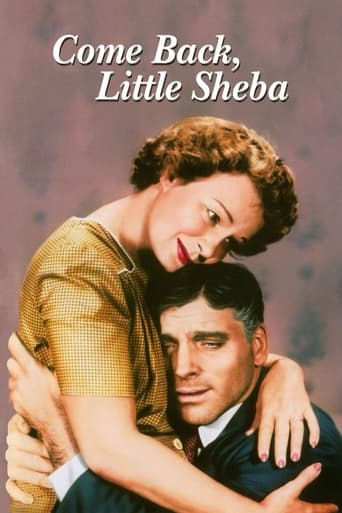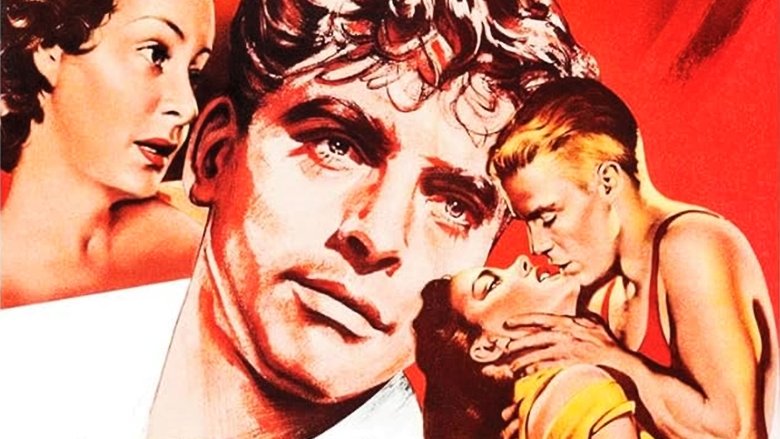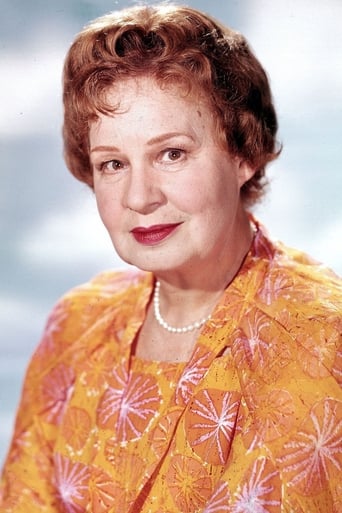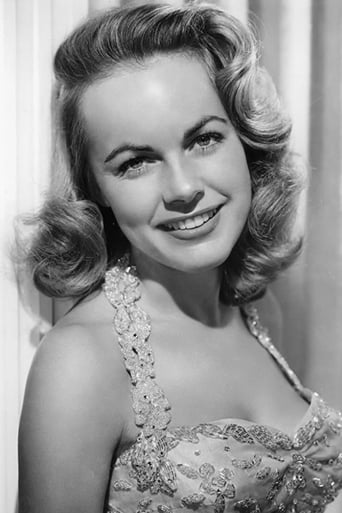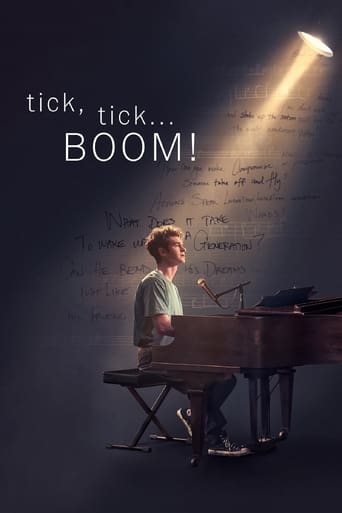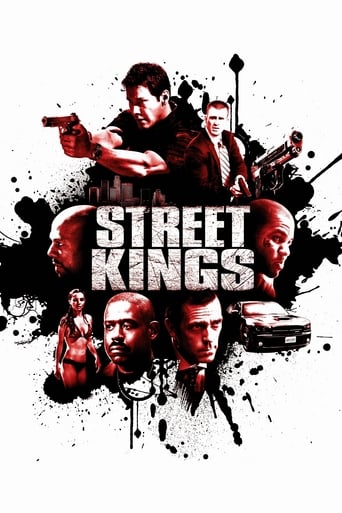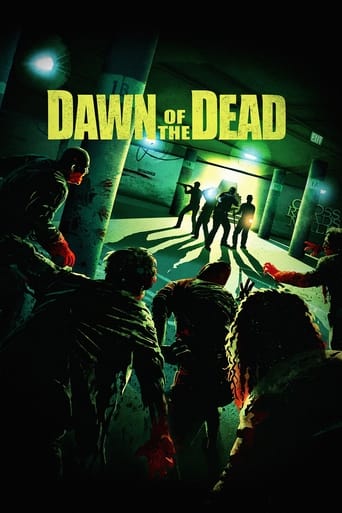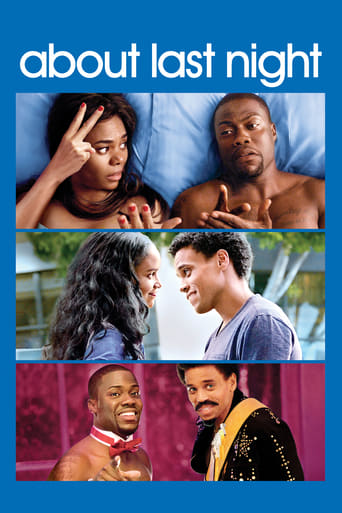Come Back, Little Sheba (1952)
A mismatched couple's marital problems come to the surface when the husband develops an interest in their pretty boarder.
Watch Trailer
Cast


Similar titles
Reviews
Shirley Booth had already won a Tony for William Inge's focus on a married couple's problems when she made her film debut with the movie version (for which she won an Academy Award). "Come Back, Little Sheba" is a hard-hitting look at the couple's sexual frustration (apparently a common theme in Inge's works) and inability to be what was supposed to be the "proper" husband and wife. Although it has the feel of a play, there are some intense scenes. Along with Booth, Burt Lancaster turns in an outstanding performance, as expected.All in all, a fine piece of work. It's a shame that Shirley Booth only starred in a few movies after this.
If nothing else - I think that this stark, sad, and very despairing drama (that touches on such subject matter as - alcoholism, bad marriages, loneliness, and youthful lust) is well-worth a view since it gives the spectator a very clear idea of the distinctive and dynamic acting-styles of the early-1950s.In particular - This 1952 film (which was adapted from a stage play of the same name) seems to exemplify that era of movie-making quite commendably as it attempts to faithfully portray "realism" without the usual Hollywood fluff & glamour thrown into the mix.Yes. This film contains its fair share of both terrific, as well as terrible moments - But, in the long run, I'd say that it hit its intended mark more often than it missed.54 years old at the time, actress Shirley Booth was, to me, quite believable in her part as Lola Delaney, the gabby, frumpy, lonely wife of Doc Delaney, a secretly resentful, recovering alcoholic.This would be Booth's first film as an actress (though she had performed on stage for many years prior). For her in-depth portrayal as Lola, she won an Oscar for "Best Actress".
One thing for sure—the film certainly goes against the glamorous 50's mold. Probably no movie from that prettified period is as dour as this one, from the dowdy Lola to the grim- faced Doc to the bleak photography to the plebian sets. I kept yearning for lively little Marie (Moore) to bounce in and give my eyes some relief. My guess is Hollywood was out to show Broadway that they could entrust their Meaningful stage plays to the notoriously commercial West Coast.Sure, Booth gets the spotlight and responds by emoting like she's on New York's center stage. But with that whiny voice and desperate demeanor, she's more pathetic than sympathetic. Then again, that may be the point, but you've got to wonder why the hunky Doc (Lancaster) stays with her in about as egregious a piece of visual miscasting as I've seen. But then maybe he too pities her long lost youth that won't ever come back no matter how hard she yearns. Looks like they're both paying a price for a mistake made years earlier. Of course, as might be expected, the screenplay's loaded with symbolism, especially her "dream" soliloquy. So get out your Freud if you care to.In my little book, the movie amounts to a one woman show that hasn't worn well, despite the studio's good intentions. Then too, catch that pat, unconvincing ending, so typical of the time. The dour production, however, does manage to put a dent in the bosomy Technicolor spectacles that ruled the 50's Hollywood roost. I'm just glad the talented Booth eventually moved on to TV and the less stagy Hazel (1961-1966).
The film's odd combination of staginess and 1950s sexual mores and social conventions makes for a mildly interesting but very dated take on marriage, aging, alcoholism, and sex. The dialogue is talky, overly expository, and not terribly involving, and the Alcoholics Anonymous subplot feels awkward and tacked on. The absurd prudishness of Burt Lancaster's character, emblematic of 1950s social norms and ideals, is so central to the storyline and his character that it really brings the film down. The hysterical aversion to sex he exhibits makes Lancaster's lifeless, incoherent performance even worse. Shirley Booth gives a good, if broad, performance as Lola. Her physical and vocal mannerisms are often grating, but her pathetic loneliness and clinginess is moving. The lack of chemistry between her and Lancaster is difficult for the film to overcome, but Booth emphasizes her character's nostalgia and vicarious nature in touching ways. Terry Moore gives a solid performance. She brims with empathy for the semi-pathetic Delaneys, while at the same time emphasizing the greenness and playful sexuality of her character, the consequences of which startle her when Turk (Richard Jaeckal) goes a little too far late one night. Moore does a great job of balancing the sweetness and respectfulness of her character with her youthful sexuality, serving as a perfect foil to Lola. The role is limited, but it's an admirable performance. The film is only somewhat interesting overall, although certainly worth seeing at least once for (some of) its performances and for a window into the 1950s.

